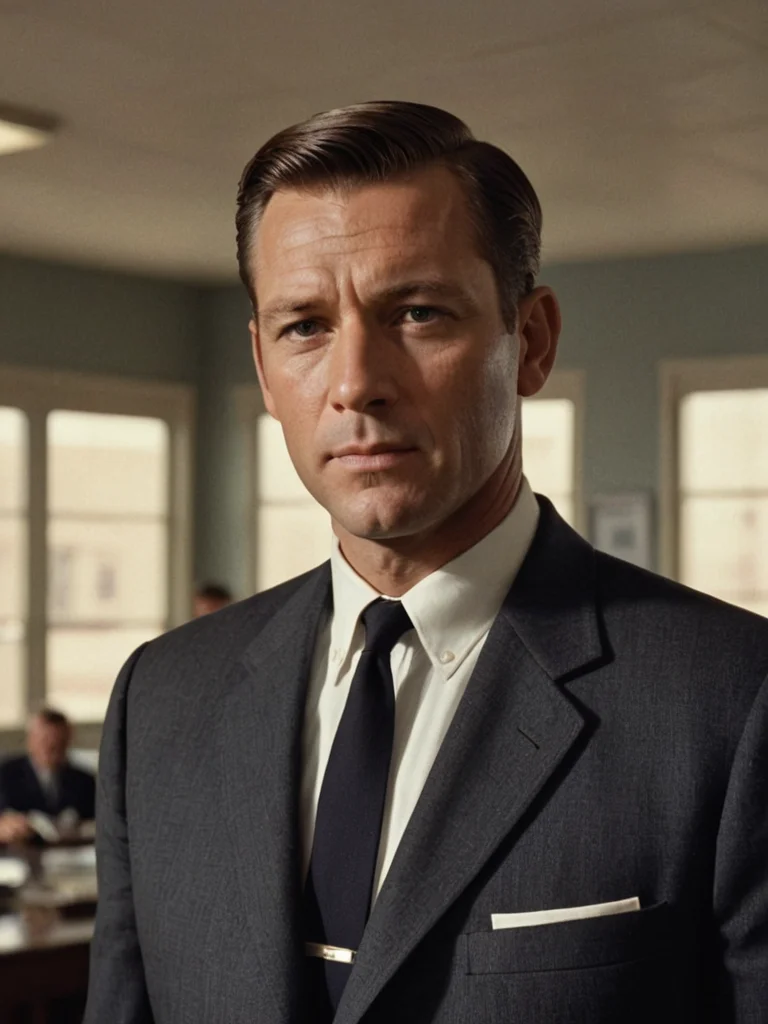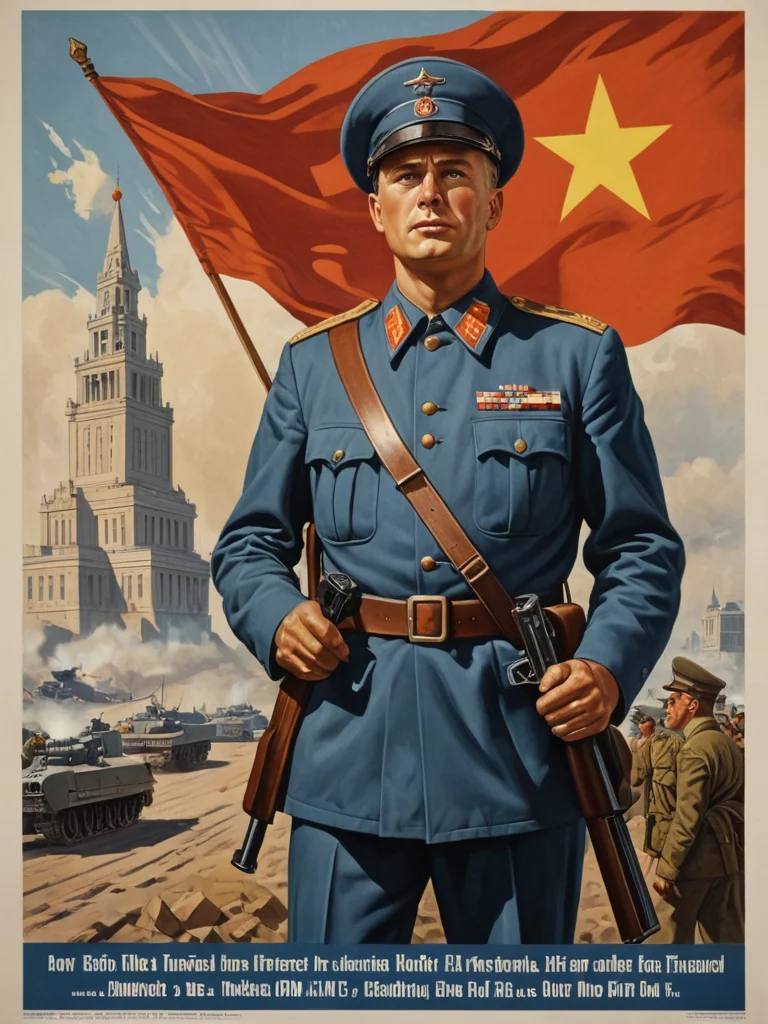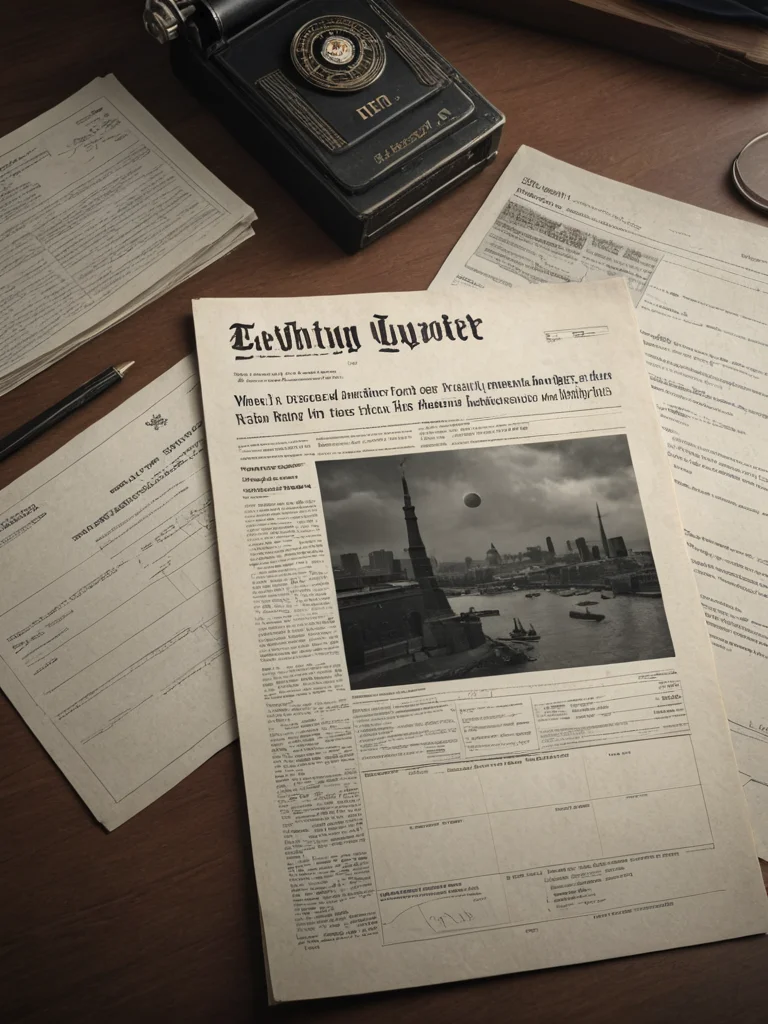The history of secret services, such as the KGB and CIA, is an integral part of 20th-century history. Their activities, shrouded in secrecy, had a profound impact on the lives of ordinary people, shaping the political landscape and determining the course of historical events. These organizations, operating during the Cold War, became powerful tools in the hands of their states, striving for global dominance.
The KGB, the Committee for State Security of the USSR, was more than just an intelligence agency. It was a comprehensive structure that permeated all spheres of Soviet society. The CIA, the Central Intelligence Agency of the USA, in turn, sought to counter Soviet influence by conducting operations worldwide. Their confrontation, played out on the battlefields of the Cold War, led to an unprecedented growth in their influence and capabilities.
Historians believe that the activities of these secret services, though hidden from public view, had a tremendous impact on daily life. From the fear of being overheard to the influence of propaganda on personal beliefs, ordinary citizens found themselves pawns in a grand political game. In this article, we will explore how the KGB and CIA operated and how this affected the lives of ordinary people.
Secret Methods and Operations: How the KGB and CIA Interfered in the Lives of Ordinary Citizens (Eavesdropping, Surveillance, Propaganda)
The activities of the KGB and CIA included a wide range of secret methods and operations aimed at gathering information, influencing public opinion, and neutralizing opponents. Eavesdropping, surveillance, and propaganda were just some of the tools used by these secret services to achieve their goals.
In the Soviet Union, the KGB possessed virtually unlimited powers. Tapping phone conversations, censoring mail, and surveilling citizens were all common practices. Historians note that the fear of being watched permeated Soviet society, forcing people to be cautious in their statements and actions.
In the United States, the CIA also employed methods of surveillance and eavesdropping, albeit with some legal limitations. Operation Mockingbird, for example, aimed to infiltrate the media to disseminate desired information and shape public opinion. The MK-ULTRA program, in turn, involved human experimentation using psychoactive substances, which raised serious ethical questions and criticism.
Propaganda played a key role in the activities of both secret services. The KGB disseminated anti-Western propaganda domestically and abroad, portraying Western countries as decadent and immoral. The CIA, in turn, promoted ideas of freedom and democracy, seeking to undermine Soviet influence.

The Cold War in the Kitchen: How Fear and Paranoia Defined People’s Behavior in the USSR and USA
The Cold War, waged between the USSR and the USA, created an atmosphere of fear and paranoia that deeply permeated people’s daily lives. In both countries, people lived under constant pressure, fearing for their safety and future.
In the Soviet Union, fear of the KGB was pervasive. People were afraid to express their opinions, criticize the authorities, or communicate with foreigners. Denunciations were common, and anyone could fall victim to political repression. The kitchen became a place where people could freely express their thoughts, but even there, they spoke in whispers, fearing eavesdropping.
In the United States, McCarthyism, the anti-communist campaign, led to the persecution of individuals suspected of communist ties. Many lost their jobs, faced public condemnation, and were even imprisoned. The fear of the communist threat made people suspicious of each other and limited their freedoms.
The paranoia fueled by the Cold War had a profound impact on culture and art. Numerous works of literature and film emerged, reflecting the fears and anxieties of the time. People became more wary and distrustful, which negatively affected social connections and public life.

Information Warfare: How KGB and CIA Propaganda Influenced Public Opinion and Personal Beliefs
Information warfare was one of the main fronts of the Cold War. The KGB and CIA actively used propaganda to shape public opinion and influence people’s personal beliefs. They spread disinformation, distorted facts, and created myths to discredit the enemy and strengthen their positions.
The KGB actively used mass media, literature, and art to disseminate its propaganda. Soviet films and books portrayed Western countries as decadent and immoral, while the Soviet way of life was presented as the best and most just. Anti-religious propaganda aimed to undermine faith in God and strengthen an atheistic worldview.
The CIA, in turn, funded various organizations and projects aimed at promoting Western values and ideas. Radio Liberty and Radio Free Europe broadcast programs to Eastern European countries and the USSR, disseminating information alternative to Soviet propaganda. The CIA also supported writers, artists, and musicians who criticized the Soviet regime.
The propaganda of the KGB and CIA had a profound impact on public opinion and people’s personal beliefs. Many people sincerely believed what they were told by the media and formed their worldview based on propaganda materials. Information warfare led to a deep societal divide and intensified the ideological confrontation between East and West.

The Legacy of Secret Services: How Past Secret Operations Still Affect Our Lives and Geopolitics
The activities of the KGB and CIA during the Cold War left a deep mark on history and continue to influence our lives and geopolitics. Past secret operations, both revealed and unrevealed, shape our understanding of the world and define relations between states.
Many former KGB and CIA agents published their memoirs after the end of the Cold War, revealing details of secret operations and methods of the secret services. These revelations caused a wide public outcry and led to a re-evaluation of many historical events. The disclosure of information about illegal activities of secret services led to reforms and limitations of their powers.
However, despite reforms, secret services continue to play an important role in modern geopolitics. They are involved in intelligence gathering, combating terrorism and cybercrime, and protecting national interests. The methods of secret services remain largely secret, raising concerns about the observance of human rights and civil liberties.
The legacy of the Cold War and the activities of the KGB and CIA continues to shape our worldview and define relations between states. The fear and distrust generated by information warfare are still alive in the minds of many people. Understanding the history of secret services is necessary to avoid repeating past mistakes and to build a more just and secure world.
The activities of the KGB and CIA had a profound impact not only on the political arena but also on technological development. The Cold War stimulated the development of new means of communication, encryption, and surveillance. Many of these technologies, developed for use by secret services, are now widely used in everyday life. For example, the internet, originally developed for the needs of the US Department of Defense, has become a global network connecting billions of people.
The competition between the KGB and CIA led to the emergence of new methods of information gathering and analysis. Secret services developed complex algorithms and programs for processing large volumes of data, identifying patterns, and predicting events. These methods are now used in various fields, from marketing to science. For example, data analysis methods developed to identify terrorist threats are used to predict consumer behavior and develop new drugs.
The legacy of the KGB and CIA is also evident in culture and art. The Cold War and the activities of secret services became a source of inspiration for many writers, directors, and artists. Spy novels and films, such as John le Carré’s works or the Jason Bourne movies, reflect the fears and fantasies associated with the world of espionage and secret operations. These works of art shape our perception of the work of secret services and their impact on the world.
In conclusion, it is worth noting that the influence of the KGB and CIA on the lives of ordinary people was multifaceted and profound. Their activities were not limited to politics and espionage. They shaped public opinion, influenced culture, and stimulated technological development. Understanding the history of these secret services is essential to better understand the modern world and prevent abuses of power in the future.

